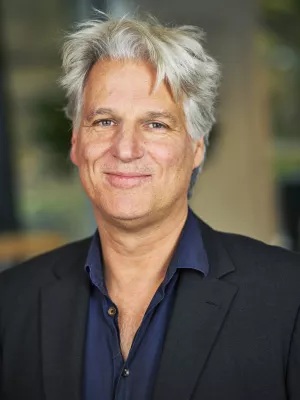
Max Koch
Professor

The State in the Transformation to Sustainability in a Postgrowth Context
Author
Summary, in English
Department/s
- School of Social Work
Publishing year
2017-04-30
Language
English
Links
Document type
Conference paper: abstract
Topic
- Sociology
Conference name
Beyond the Environmental State? Exploring the Political Prospects of a Sustainability Transformation
Conference date
2017-04-25 - 2017-04-30
Conference place
Nottingham, United Kingdom
Status
Published

